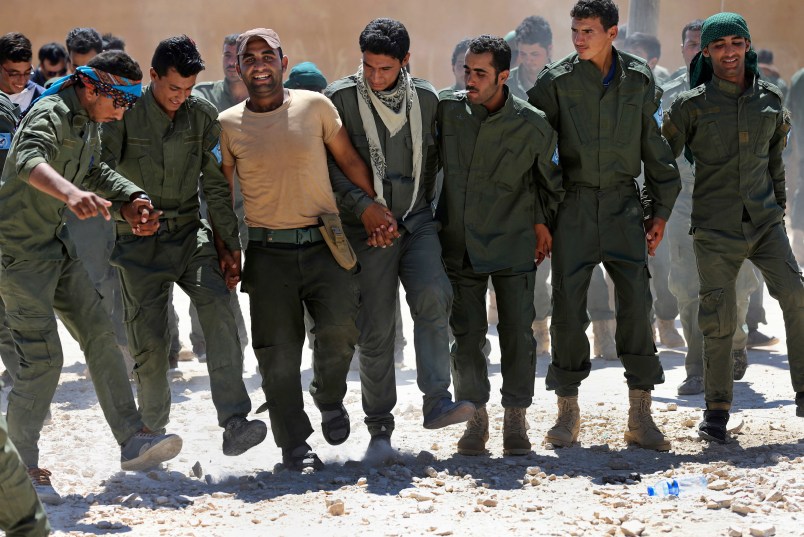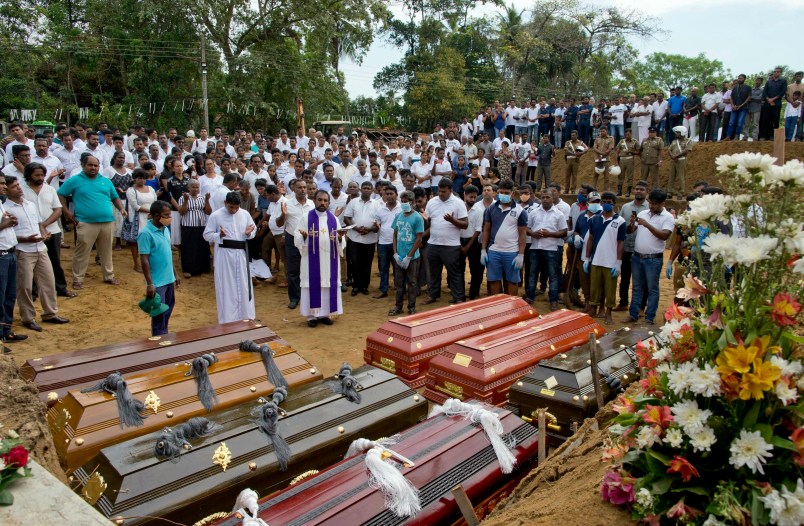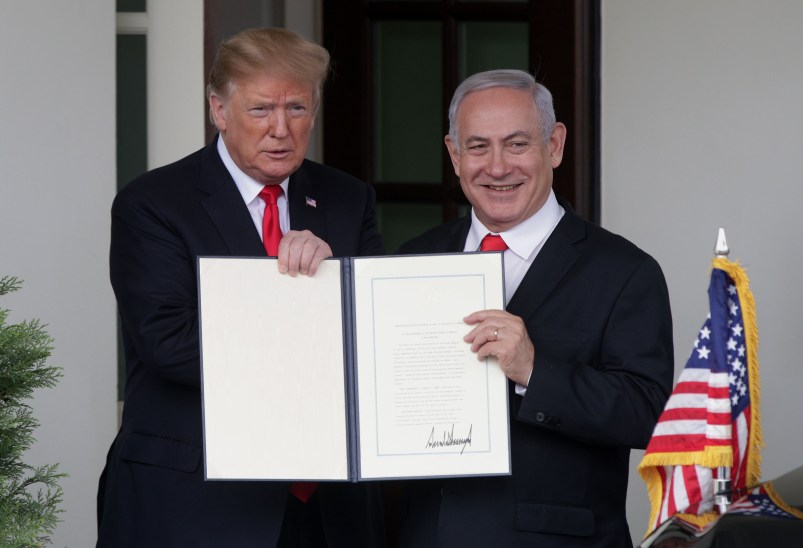AIN ISSA, Syria (AP) — Some 250 residents of Syria’s Raqqa province Thursday became the latest batch to graduate from a brief U.S. training course, part of an internal security force to hold and secure areas as they are captured from Islamic State group militants.
The graduation ceremony in the desert town of Ain Issa, north of Raqqa, was attended by a few American trainers who oversee the force and its preparation. Members will man checkpoints, identify IS sleeper cells and detect explosives.
The U.S. has partnered with a Kurdish-dominated coalition fighting force known as the Syrian Democratic Forces in the fight against IS in Syria, but the issue of who would hold and administer predominantly Sunni Arab areas freed from the militants is an uneasy one.
U.S. officials say once Raqqa is liberated, the SDF will hand over local governance to the Raqqa Civilian Council, a local group of primarily Arab locals who will govern and administer essential service.
Col. Joseph Scrocca, a spokesman with the U.S.-led anti-IS coalition, told AP in an email last month that security will be provided by the Raqqa Internal Security Forces, a vetted multiethnic force expected to reach approximately 3,500 members.
Wissam, a Kurdish resident of Ain Issa who gave only his first name, is one of the trainers. He said so far around 800 forces have been trained and deployed around at least five areas in Raqqa province.
One American official at the site said the Internal Security Forces of Raqqa are not a combat or police force, but are trained to be a hold force in the areas as they are liberated from Islamic State militants. He spoke on condition of anonymity as he was not authorized to speak to reporters.
The training program appears to be accelerating as the campaign to liberate the city of Raqqa enters its seventh week and the need for a security force to secure the city post-IS becomes more pressing. Critics say the Kurdish-led SDF forces and the affiliated Kurdish administration are not apt for holding the majority Arab province.
The newly graduated force is comprised mostly of Arab cadets.
For Wissam Eid, a 17-year old resident of Raqqa, this is personal. His twin brother was shot in the head by IS after they detained him for seven months in late 2015. At the age of 15, his brother Ayman was accused by the IS militants of collaborating with the Kurdish militias that operate in northern Raqqa and Aleppo. A friend had ratted on him.
Eid said he too was detained for three months as they investigated his brother, held in solitary confinement for a month and hung from this arms for over 12 hours. After he was released he went looking for the person who ratted on his brother.
It was his mother that urged him to join the new force. “If you arrest a Daesh, just drink his blood, she told me,” Eid said, using a variation on an Arabic saying.






